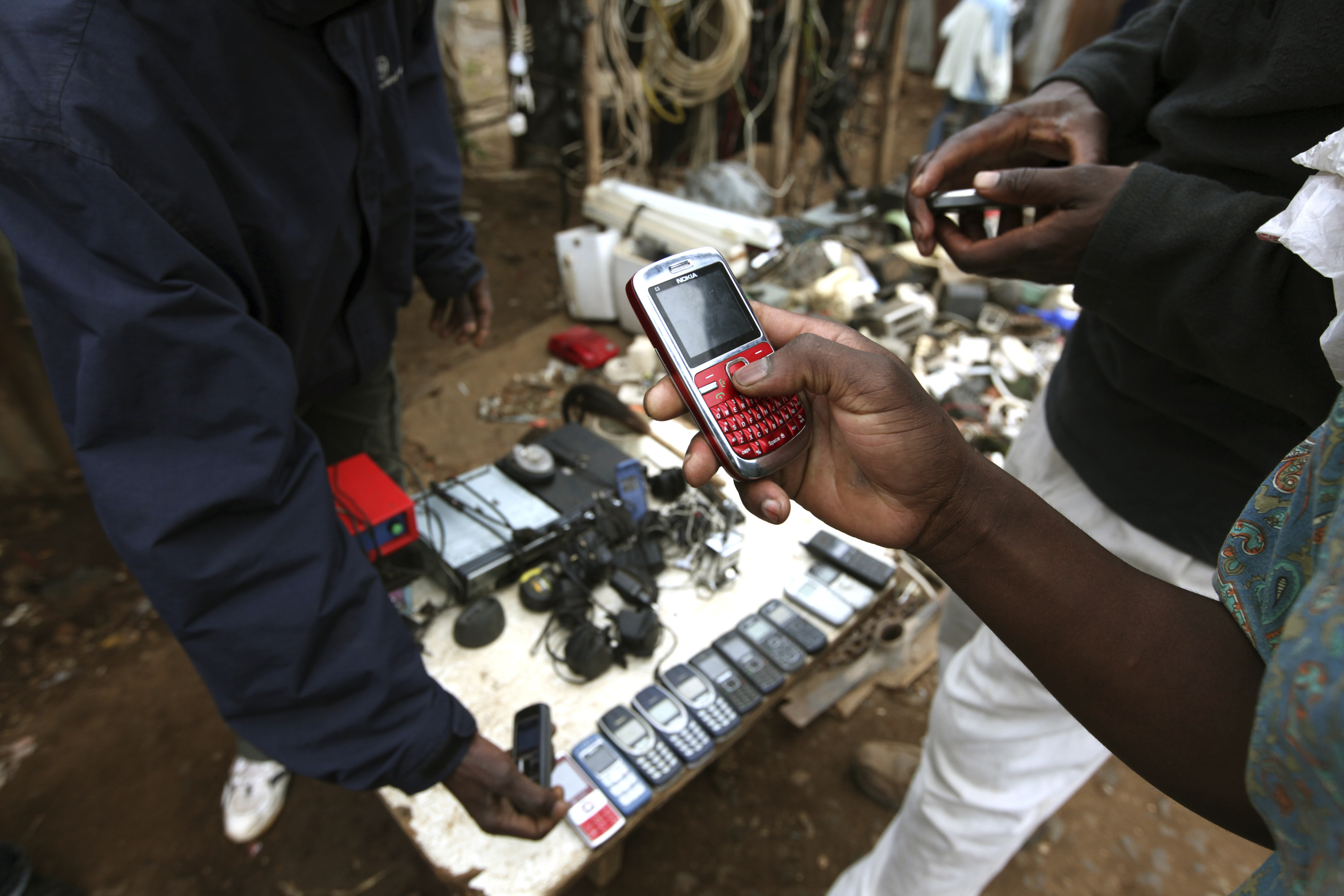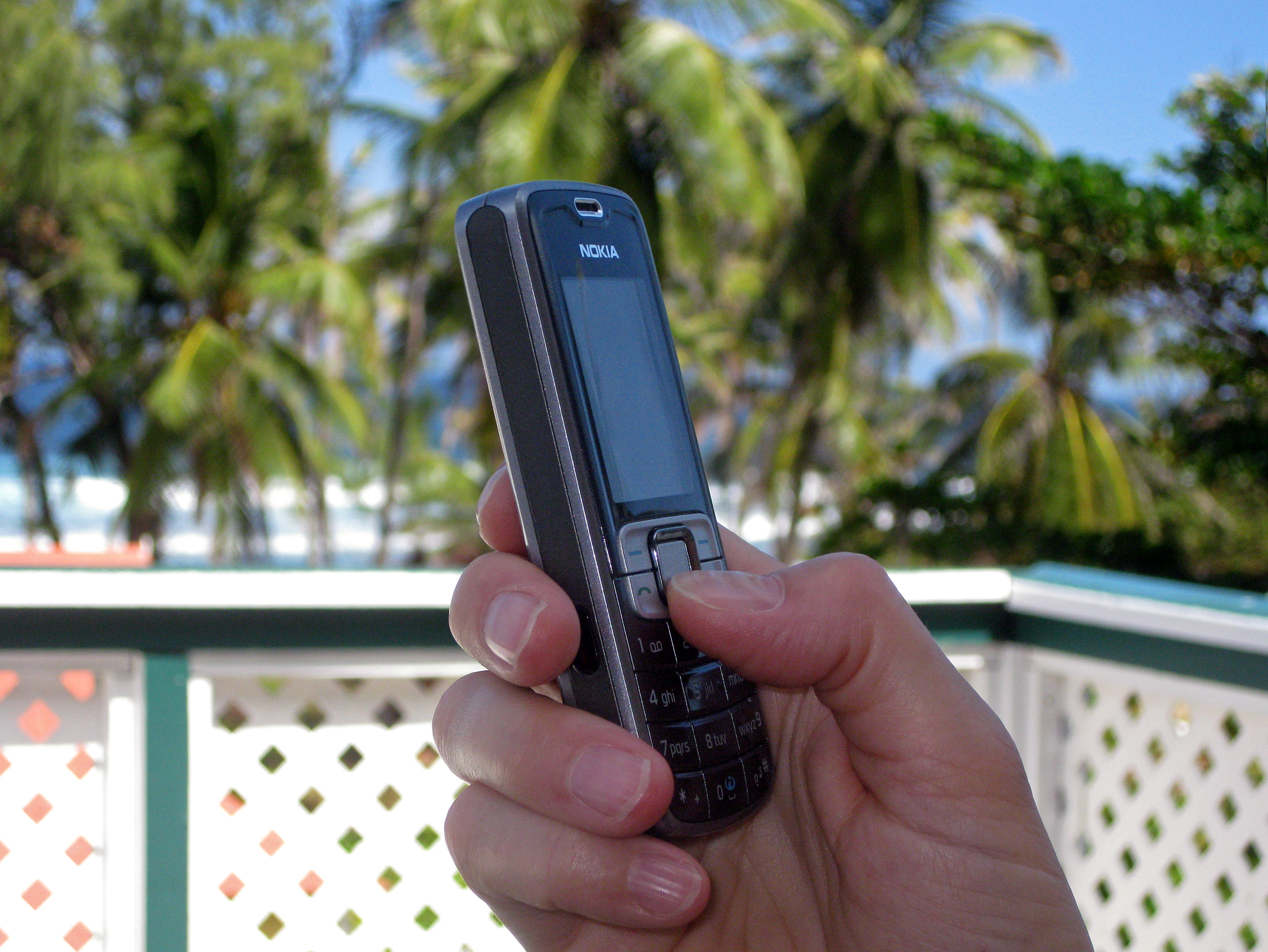Geneva summit aims to narrow broadband divide

Demand for new information and communication technologies (ICT) shows no sign of slowing, driven by growth in emerging markets; yet the digital divide remains wide.
Top politicians and telecoms leaders are meeting in Geneva this week at Telecom World 2011 to discuss the issue of broadband, seen as key to helping achieve Millennium Development Goals by 2015.
“I am absolutely convinced that broadband will be the defining technology of the early 21st century,” Hamadoun Touré, head of the International Telecommunications Union (ITU), told a packed conference at Geneva’s Palexpo exhibition centre on Monday.
The ITU chief has no doubts broadband – a fast, permanent internet connection – will “revolutionise the lives of everyone, everywhere” and help deliver radical improvements in healthcare, education, transport and services.
“Most importantly, it will help us accelerate progress towards meeting the Millennium Development Goals,” he told the audience at the Broadband Leadership Summit.
ICT uptake has continued to accelerate over the past decade driven largely by emerging markets as revenues stagnate in mature ones.
At the end of 2010 mobile penetration – the number of mobile phones to people – stood at over 100 per cent in 97 countries. (In Switzerland phones outnumbered people at 120 per cent.) Internet penetration worldwide rose to 30 per cent.
According to the ITU, while more than 2.6 billion people still lacked access to toilets and other forms of sanitation, there were almost four billion mobile phone subscriptions in the developing world. Mobile penetration had reached 70 per cent and internet penetration 21 per cent.
Rich versus poor
The rapid growth of the digital economy presents huge opportunities. Yet Touré warned of the risk of creating a world of “broadband rich and broadband poor”.
Much still remains to be done for the poorest of the poor – the 830 million people living in the 49 United Nations-designated Least Developed Countries (LDCs).
While the number of mobile phone subscriptions in LDCs grew from two to 280 million and the number of internet users rose to 38 million in 2010, internet penetration stood at only 4.6 per cent.
The Broadband Commission, which represents industry, academia and states, issued a set of targets for governments on Tuesday, which include connecting half the world’s poor citizens to broadband by 2015 and 15 per cent of people in LDCs.
Touré, said the targets were “ambitious but achievable” if governments worked together with the private sector.
More affordable
Broadband prices have declined sharply over the past decade, yet high-speed internet remains unaffordable in many low-income countries. In Africa fixed broadband services cost on average the equivalent of 290 per cent of monthly income.
“For too long developing countries have been unable to effectively participate or contribute to the global economy simply because of their limited access to broadband,” said Paul Kagame, president of Rwanda, in a video address. The East African state has pioneered broadband and mobile telephone usage via a national plan.
“It could become much, much cheaper if governments invested in basic infrastructure and users pay for services,” Walter Fust, a Swiss member of ITU’s 60-member Broadband Commission, told swissinfo.ch.
“We are sitting on billions of dollars of Universal Service Funds that are not being used; only 17 states have used them to develop infrastructure.”
Business model
Turning to the private sector, as telecoms move into a tougher business environment, with more competitors, greater regulation and lower margins, there is a sense that traditional firms need to rethink their business models.
“We haven’t yet successfully found the right solution to providing an affordable service in the emerging markets, where most of the growth is happening,” Steve Collar, chief executive of satellite telecom O3B, told swissinfo.ch. “Until we do so, the problem will get worse.”
Having sufficient spectrum for broadband wireless services is seen as another growing concern.
“It is crucial that the unprecedented potential of mobile broadband is not stifled by a lack of adequate spectrum,” Eric Loeb, chairman of an International Chamber of Commerce IT taskforce, said in a statement last week.
Fust said telecoms in need of additional spectrum faced broadcasters who “were in no hurry to change” and ready to negotiate hard, as well as the military who also have access to spectrum.
Content and mind-set
On top of connectivity issues, several summit participants stressed the need to develop useful local content in places like Africa, India and Latin America.
“What a farmer wants is to know are things like the weather or the price of products; this requires just a simple application not a huge database,” said Oscar von Hauske Solis, CEO of the Mexican phone company Telmex International.
Ultimately, in this fast-moving sector what is also needed is a new mind-set.
“Bearing in mind that 14-year-olds are dictating the new uses of networks and we 50-60-year old leaders are taking the decisions, we must remain humble and open-minded,” Ben Verwaayen, CEO of Alcatel Lucent, told the Geneva-based newspaper Le Temps.
ITU Telecom World brings together the top names from the global telecommunication and information communication technology industry around the world.
The 2011 Geneva event, from October 24-27, is being attended by 250 world leaders, including heads of states, city mayors, bosses of major telecoms and other ICT gurus.
Some 250 exhibitors and 5,000 delegates are expected. Firms like Alcatel Lucent, ATT, China Mobile, Du (Emirats), Ericsson, Etisalat, Fujitsu, Huawei, Intel, KDDI, Microsoft, NTT Corporation, NTT DoCoMo, Q-Tel, Telkom, Türk Telekom, Verizon and ZTE have made the trip. There are some 20 national stands.
Telecom World’s profile has changed, moving away from glitzier public events in the 1990s and new products to focus on industry professionals, high-level ICT networking and discussion forums. Numbers dropped from 200,000 visitors to 40,000 in 2009. The biennial show will now become an annual event and will be held in Dubai in 2012; it may return to Geneva in 2013.

In compliance with the JTI standards
More: SWI swissinfo.ch certified by the Journalism Trust Initiative















You can find an overview of ongoing debates with our journalists here . Please join us!
If you want to start a conversation about a topic raised in this article or want to report factual errors, email us at english@swissinfo.ch.